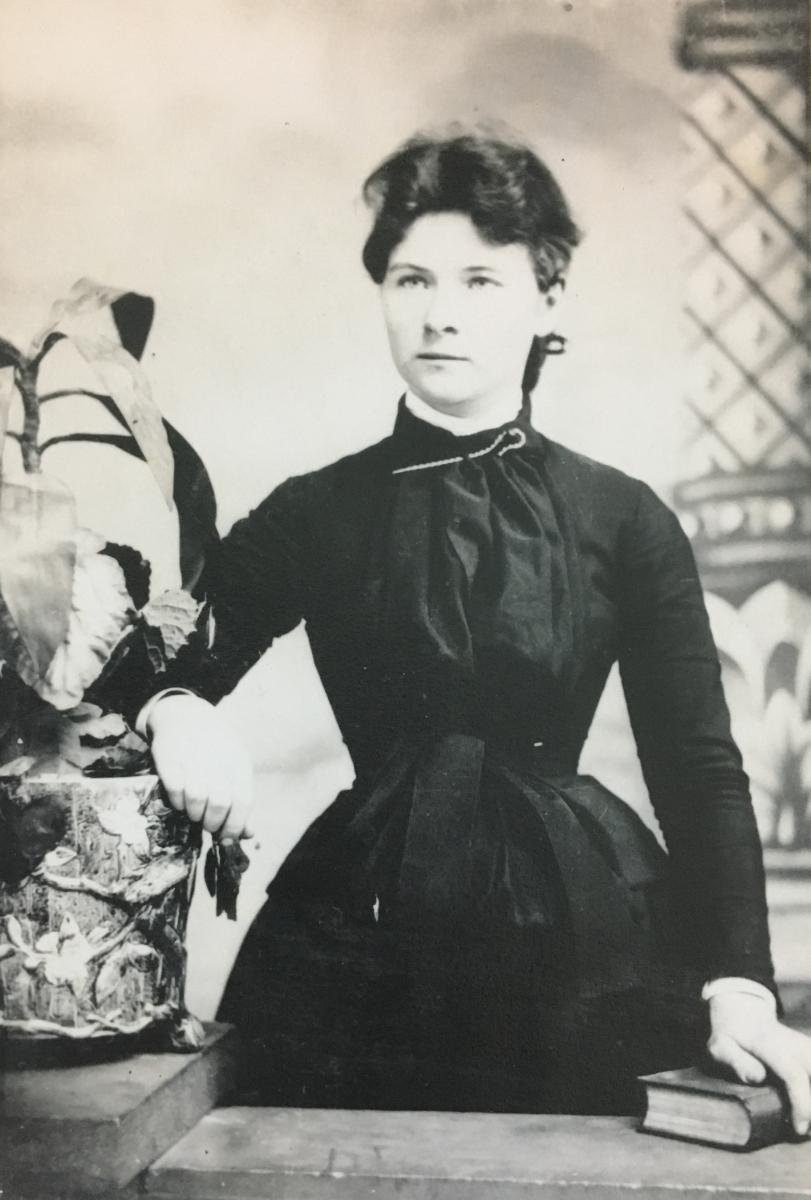Irish Musings

We all know the question about the one person in history we would most like to have dinner with or get to know a little bit. Would it be Judas Iscariot, Winston Churchill, Stormy Daniels? Those are all good choices, but not ours. We have long thought the person we would like to know better is Hugh McNeelis.
That’s how he spelled it—at least that’s what it says on his gravestone in Allentown, Pennsylvania. Other members of that clan have spelled it McNealis, McNelis, just plain Nelis and, in the case of one chap who moved to Australia—Nayliss. Hugh McNeelis is our great-great-grandfather, and we think of him this time of year and wonder how much he would enjoy what has become the season of St. Patrick.
He was not just another Irish immigrant. He was the first of our family to leave Ireland, in his case from Donegal. He lived about as far north as you can go. He came over in 1835, when he was 32 years old. This was a decade before the great wave of Irish immigration caused by the potato famine. But he did not stay long. He arrived with his newly married sister and brother-in-law, a fellow Donegal native named Tom McFadden. They landed in Brooklyn, New York, where the sister had a baby and died six months later. Hugh and Tom felt challenged with raising a baby, so they returned to Ireland.
They made it through the famine (four of mother’s great grandparents did not) and then re-emigrated around the time of the Civil War with the baby, also named Tom, now grown. Hugh McNeelis by then was married (to Tom McFadden’s sister) and had his own family, which he brought over all at once. That suggests he had more money than the average impoverished Irish immigrant. This time he settled in Allentown, where he owned a tailor shop.
That’s not unusual, for Donegal is famous for its tweed industry. But what was unusual was that Hugh McNeelis fancied genealogy—at a time when many Irish had never heard of the word. He kept records of every relative he could trace. Thus we know that his father was Michael McNeales, born around 1767. His mother was Catherine McCarron. Other names he traced to the 18th century include McFadden, of course, along with Sweeney (mother’s name) McGee, Gallagher, Campbell, Ward and Durning, all of Donegal. There is also O’Toole and O’Malley from County Mayo, Burke from Cavan and Ryan from Tipperary. The latter produced our most famous ancestor, Patrick John Ryan, who is believed to be a cousin of our great-grandmother. As a young priest he ministered to Confederate prisoners in St. Louis during the Civil War. He later was archbishop of Philadelphia from 1884 to 1912. He was a gifted orator and a charmer, credited with becoming friendly with the old line power structure and easing tensions between Irish Catholic immigrants and the Philadelphia Protestant establishment.
Hugh McNeelis lived long enough to know most of these relatives. At age 89 it took a train to kill him. He was struck by the Buffalo Express on the Lehigh Valley Railroad while bringing the cow home from pasture. By then he had passed along family records, including 19th-century photos, to his granddaughter, Kate McNealis (shown above as a young woman c. 1885). Her daughter Sara (Sweeney), our mother, updated them until her death in 1990.
And we wonder how old Hugh, who obviously had great pride in his Irish heritage, when earlier American settlers had contempt for the new immigrants, would feel today when a college football team takes pride in the name “Fighting Irish” and other teams go by names such as Celtics and Gaels. He did live long enough to see his countrymen literally fight their way toward respectability, partly because of their brilliant service in the Civil War. He knew that two young Gallagher relatives were among the many thousands of Irish who died preserving the Union.
But we still think he would be amazed to see Irish not just in the mainstream of American life, but celebrated each March as no other group in the country. Mick, once a slur, today offends few. Irish have become the symbol of American success. The name Kennedy has been described as American royalty. The surnames of people who once saw “No Irish Need Apply” signs have been adopted by more recent immigrants who want to appear American. No other group has family names prevalent as first names. Ryan, Bryan, Ward, Carroll, Kelly, Murphy, Nolan, Donovan, Grady, Connor, Riley, Murray, Neil—the list goes on. Most parents who select those names don’t even think of them as Irish.
This does not happen with other nationalities. You don’t find many people named Gaetano O’Brien, and for some reason Huizenga, Netanyahu and Putin have never really caught on as American first names.
It would be great fun to break bread, or share spirits, and discuss all this with Hugh McNeelis. Some day, God willing, we might. Until then, Stormy Daniels should suffice and might be nice.
